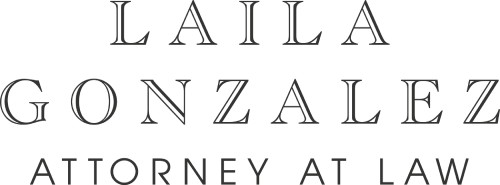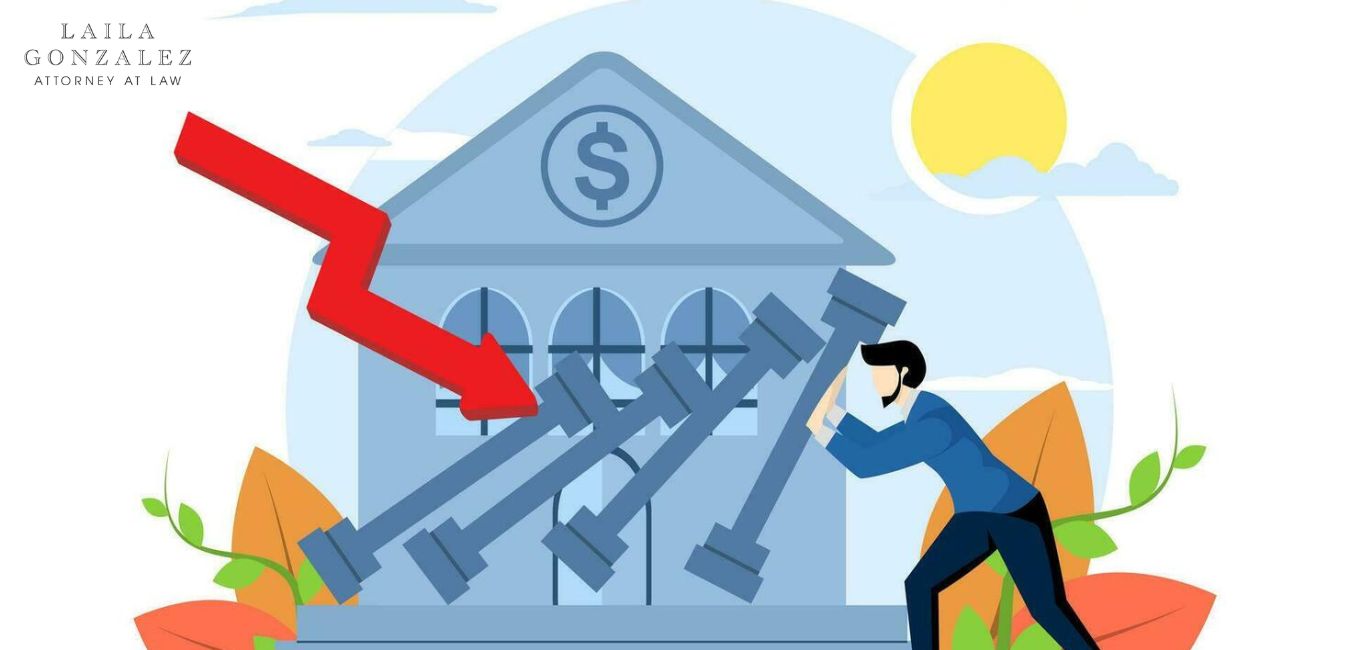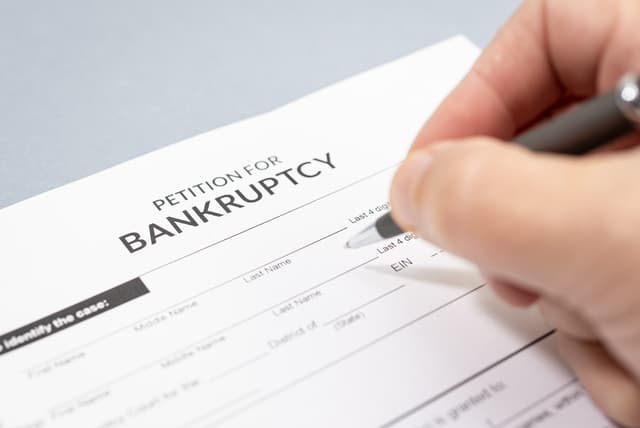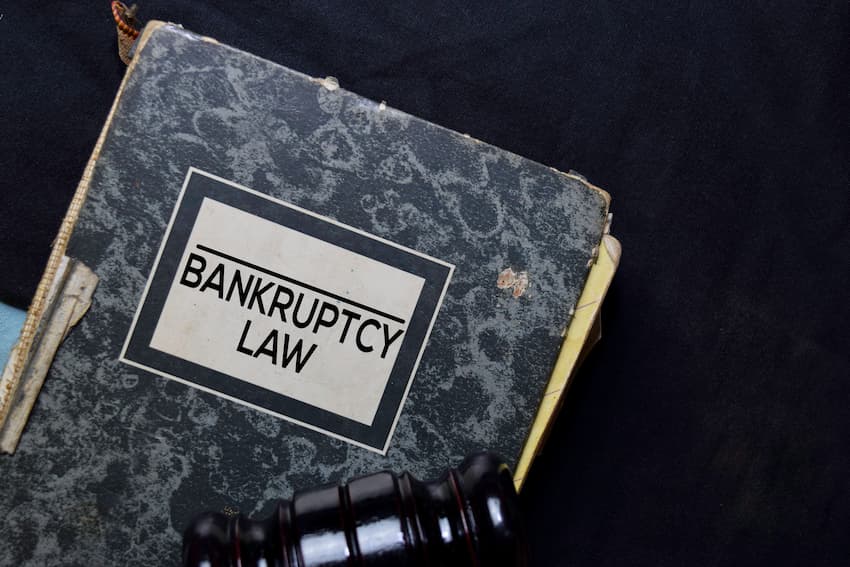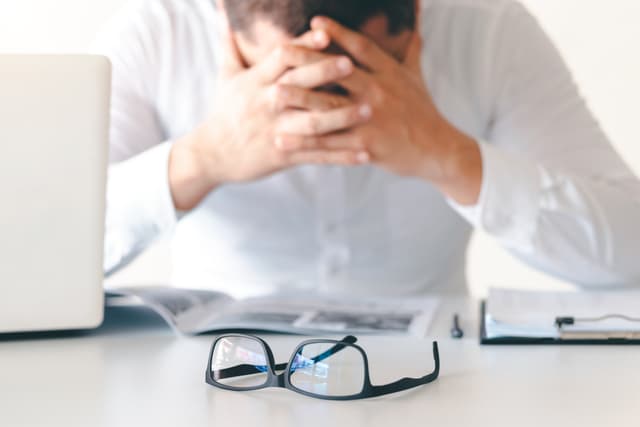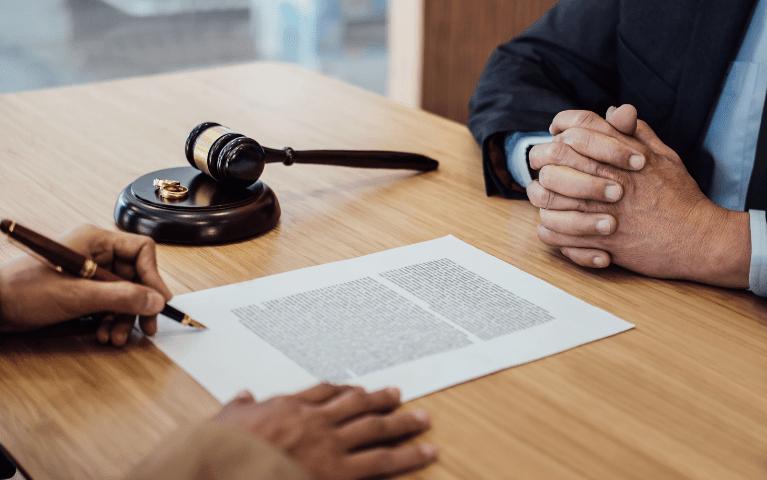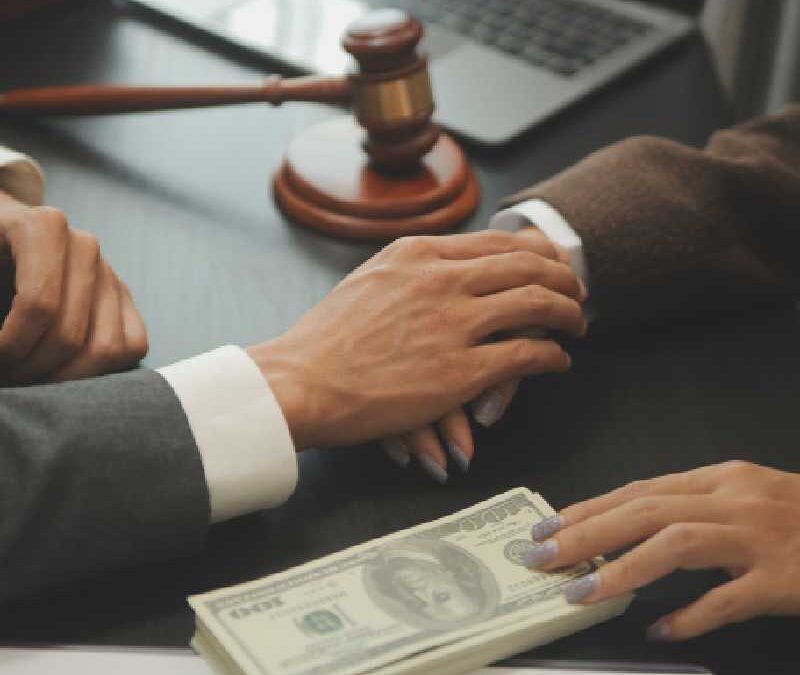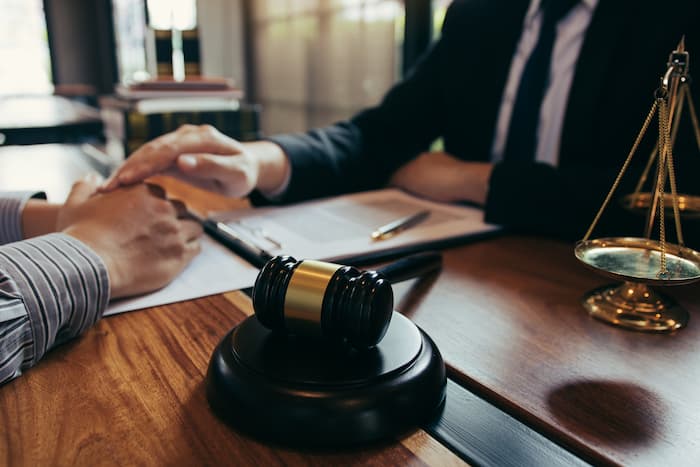Economic downturns are like financial tidal waves, sweeping away financial security for many. Job losses, rising living costs, and limited access to credit can leave individuals drowning in debt. If you’re caught in this current, bankruptcy might be a life raft, offering a way to stay afloat and rebuild your financial future. While the thought of bankruptcy might seem daunting, it can be a powerful means for regaining financial stability during an economic downturn.
The Impact of Economic Downturns on Personal Finances:
Economic downturns can have a ripple effect on personal finances in several ways:
- Job Losses and Reduced Income: When businesses struggle, layoffs become more frequent. Lower household income makes it difficult to keep up with debt payments.
- Increased Cost of Living: Downturns can be accompanied by rising prices for essentials like food, housing, and utilities, further straining budgets.
- Reduced Access to Credit: Banks may tighten lending standards during economic downturns, making it harder to access credit cards or loans to consolidate debt.
- Investment Losses: Stock market volatility during downturns can lead to significant investment losses, further impacting financial security.
These factors can quickly spiral individuals into overwhelming debt. If you find yourself in such a situation, don’t be afraid to explore your options. Bankruptcy can be a viable solution to manage debt and rebuild your financial health during challenging economic times.
Bankruptcy as a Legal Avenue for Financial Relief
Bankruptcy, a legal process governed by federal law, provides individuals and businesses with a structured approach to managing overwhelming debt. It offers the opportunity to reorganize finances or obtain a fresh start through debt discharge, depending on the type of bankruptcy filed. For many facing insurmountable debt during economic downturns, bankruptcy can serve as a lifeline to regain control and rebuild financial stability.
Types of Bankruptcy and Their Suitability During Downturns:
There are two primary types of bankruptcy that individuals can consider during an economic downturn:
- Chapter 7 Bankruptcy: Designed for a fresh start, Chapter 7 eliminates most unsecured debts like credit cards, medical bills, and personal loans. Assets are evaluated, and non-exempt assets might be sold to pay creditors. However, most people can protect essential assets like their home and car through bankruptcy exemptions. Consulting with a bankruptcy lawyer in Miami, FL, can help you understand which assets are exempt and how to maximize your protection during a downturn.
- Chapter 13 Bankruptcy: known as reorganization bankruptcy, offers a structured repayment plan over three to five years. It allows individuals with a regular income to retain assets while repaying creditors through manageable monthly installments. Chapter 13 is often preferred by those who wish to keep their assets, such as their home or car, while managing their debts.
Benefits of Considering Bankruptcy During Economic Downturns:
While bankruptcy can have a temporary impact on your credit score, it can offer significant benefits during economic downturns:
- Debt Relief: Bankruptcy can eliminate a significant portion of your unsecured debt, providing immediate financial relief.
- Immediate Debt Relief: Filing for bankruptcy triggers an automatic stay, stopping collection calls, lawsuits, wage garnishments, and repossessions. This allows you to focus on getting back on your feet financially without the constant pressure of creditors.
- Fresh Start: Discharging eligible debts gives you a clean slate, allowing you to rebuild your creditworthiness and pursue future financial goals.
- Focus on Essentials: Freeing up income from debt payments lets you prioritize essential expenses like housing, food, and utilities during an economic downturn.
- Long-Term Financial Stability: By addressing your debt problems through bankruptcy, you can create a more stable financial foundation and avoid falling into a cycle of financial hardship.
Key Considerations Before Filing Bankruptcy
While bankruptcy offers significant benefits, it is essential to consider the following aspects before proceeding:
- Credit Score Impact: Bankruptcy will temporarily negatively impact your credit score, but it can be rebuilt over time with responsible financial behavior.
- Exempt vs. Non-exempt Assets: Understand which assets are protected under bankruptcy law and which may be liquidated to repay creditors.
- Long-Term Financial Implications: Bankruptcy remains on your credit report for several years, impacting credit scores and future borrowing capabilities. However, with responsible financial management, individuals can rebuild credit over time.
- Legal Expertise: Consulting with a bankruptcy lawyer in Miami, FL, is crucial to navigating complex legal procedures, understanding eligibility criteria, and determining the most suitable bankruptcy chapter based on your financial circumstances.
Navigating the Bankruptcy Process During a Downturn:
If you decide to file for bankruptcy, it’s essential to have the right support in place. Here’s what to expect:
- Eligibility Assessment: Your attorney will assess your eligibility for bankruptcy based on factors such as your income, debts, and assets.
- Gather Financial Documents: Your lawyer will need detailed information about your income, expenses, assets, and debts. Having all the necessary documents readily available streamlines the process.
- File the Petition: Your lawyer will file a petition with the bankruptcy court, listing your debts and assets.
- Creditors Meeting: You will be required to complete credit counseling sessions before and after filing for bankruptcy.
- Chapter 7: If eligible, the court will issue an order discharging your eligible debts. Assets might be liquidated to pay creditors if necessary.
- Chapter 13: You’ll make monthly payments according to your court-approved repayment plan for 3-5 years. Once completed, remaining eligible debts are discharged.
Conclusion:
Navigating bankruptcy during economic downturns requires careful consideration of legal options, financial implications, and long-term goals. Whether seeking debt discharge under Chapter 7 or restructuring debts through Chapter 13, consulting with a reputable bankruptcy lawyer in Miami, FL ensures you receive informed advice and effective representation. At the Law Offices of Laila Gonzalez, we specialize in guiding individuals through the complexities of bankruptcy, empowering clients to regain financial control and achieve lasting stability. Contact us today for a confidential consultation and take the first step toward a debt-free future.
For more information on how bankruptcy can provide financial relief, visit our website or schedule a consultation. Discover how we can help you navigate this challenging time with expertise and compassion.
